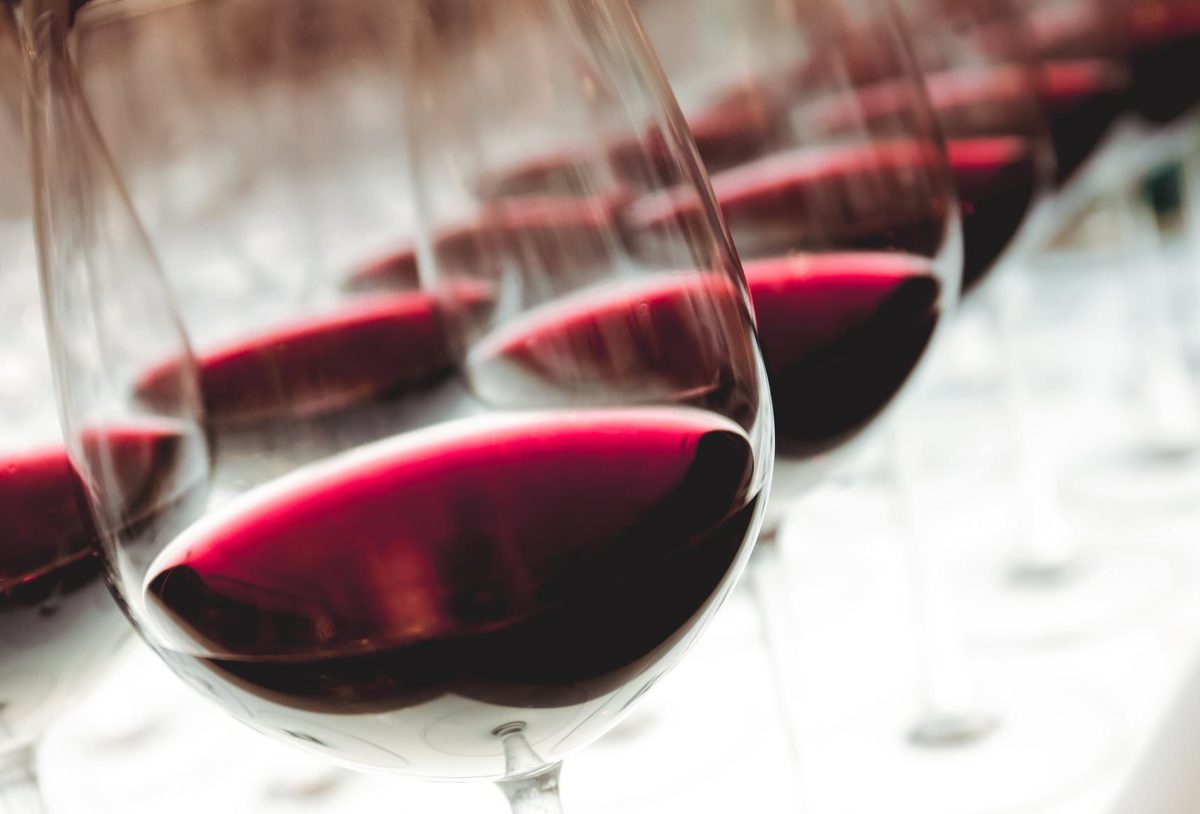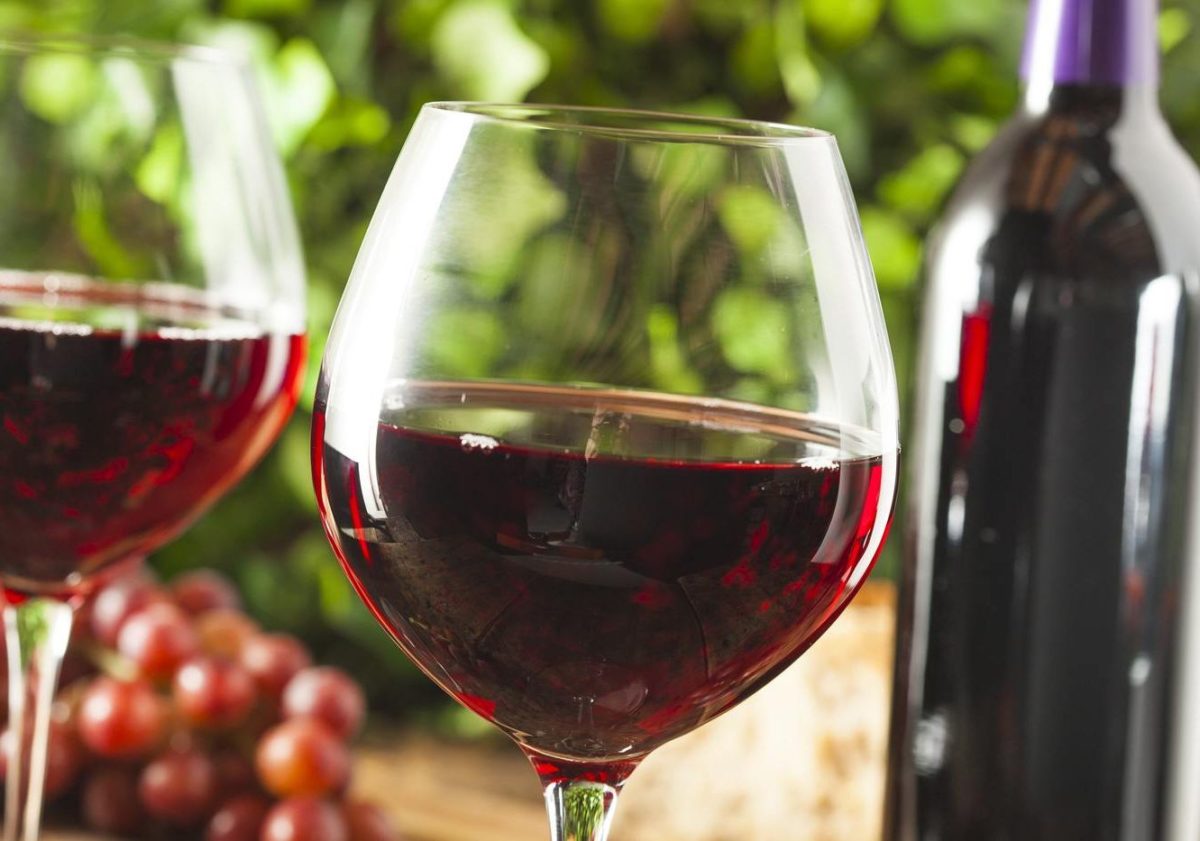Resveratrol is a polyphenol found on many food and drinks we consume every day. If you are a wine enthusiast, then you would be happy that this includes wine, especially red wine. Resveratrol is commonly found on red wines, specifically in the grapes used to produce wine. In the production of this liquor, substances from the grapes are included in pressing in winemaking. This includes the skin, where resveratrol is primarily found.

This makes wine the best source of resveratrol, which scientists believe in lowering risks of heart disease if consumed moderately. It is a supplement that is tested and proven beneficial to your health in many aspects, especially cardiovascular health.
Lowers Blood Pressure

Resveratrol’s antioxidant properties are known to reduce the pressure exerted in our artery walls as the heartbeats. This blood pressure is called systolic blood pressure, and they strengthen as we age because our artery stiffens as we get old. Thus, the more force is exerted for blood flow. This results in a plethora of heart problems.
Resveratrol works by producing more nitric oxide that relaxes our arteries, which will then lower the blood pressure exerted. However, scientists are still not sure how much dosage an average human could take to maximize resveratrol’s benefits.
Increase HDL Cholesterol

Drinkers of red wine have been found to have an increase in HDL cholesterol more than those who only drink water. Also, wine drinkers have a more significant drop in metabolic syndrome components. Not only that, a survey says that people who drink wine more often before they sleep tend to have better sleep quality than those who don’t.
Reduces Blood Sugar

If you drink wine while eating, your blood sugar will significantly lower by 30%. Most people in America typically have a very high post-meal spike after eating, which is the main reason for several inflammations in the body and can cause diabetes, dementia, and other deadly diseases.
In a recent study, 66 participants were divided into two groups: one taking resveratrol supplements and the other taking placebos. All of the participants have diabetes, which also has the same factors in age, body weight, gender, and blood pressure. Various tests were also implemented before and after 45 days of taking the supplements. Tests included blood glucose, body weight, blood pressure, and cholesterol levels.
The group assigned with the resveratrol supplements are shown to have lower blood pressure, insulin resistance, and blood glucose. On the other hand, those taking the placebos are shown to have increased blood glucose and lipoprotein.
Reduces Risks of Cancer

Several studies suggest that resveratrol might have some effects that reduce the chances of cancer. Scientists said that upon testing resveratrol in animals, the growth of tumors in animals is much slower in progress, especially after chemotherapy. This is because resveratrol reduces the intake of glucose of cancer cells, which suppresses its growth.
Although countless clinical trials have proven these findings, randomized tests are still needed to make sure that resveratrol’s anticancer growth can be confirmed. This is also mainly because the polyphenol has some adverse effects on the hormones in our body, which is why more clinical trials are needed.
Increases Lifespan

Resveratrol’s effects on lifespan in all animals are probably the main experiments that are focused on. Evidence suggests that resveratrol has an effect that activates specific genes that are needed to ward off age-related diseases. Much like calorie restriction, resveratrol lengthens lifespan by changing how genes behave.
However, resveratrol has experimented on 60% of all the organisms found on Earth, and this effect is more viable in select organisms like worms and fish, which is genetically different from humans. Thus, further testing is needed.
Side Effects

Although the effects mentioned above are beneficial for the most part, there are also some side effects of resveratrol that are taken into account.
One of these is that resveratrol contains estrogen. Because of this, people who have conditions that affect their hormones such as breast, ovary, and uterus cancer should stay away from consuming products with resveratrol.
Scientists also recommend pregnant women and children to refrain from these products. Furthermore, blood thinners taken by people like aspirin, ibuprofen, and warfarin should avoid resveratrol to avoid the risk of bleeding. Also, a study suggests that a high dosage of resveratrol supplements can be associated with fever, reduced blood cells, and a significant decrease in blood pressure, which can be harmful if not considered.
Before taking resveratrol supplements or products with resveratrol, including wine, talk to your doctor first before consuming, especially if you are on medication. As mentioned before, resveratrol can have an adverse interaction with the medicine you are taking, or worse, the condition that you have.
As far as most studies are concerned, there have been no findings of severe resveratrol side effects. Even then, take caution when taking blood thinners as they can have an adverse impact with resveratrol. Also, it is quite difficult to gauge how much a person can take a dose of resveratrol as there is no recommended dosage created yet by the researchers.
One more thing to take note is the amount of resveratrol found in supplements and even in wine are far lesser than the amount researchers use for studies. Most supplements only incorporate 250 to 500 milligrams, which is much lower than the 2000 milligrams or 2 grams researchers use for research.
Although red wine is more associated with resveratrol, it doesn’t mean that you have to consume more wine to maximize the effects of the substance in your body. A lot of organizations and medical experts still recommend a moderate intake of wine because, as you know, too much of something can be harmful.
Remember that four ounces of wine are considered as one drink, and not all alcoholic beverages have resveratrol in them.
Source: Chart Attack
